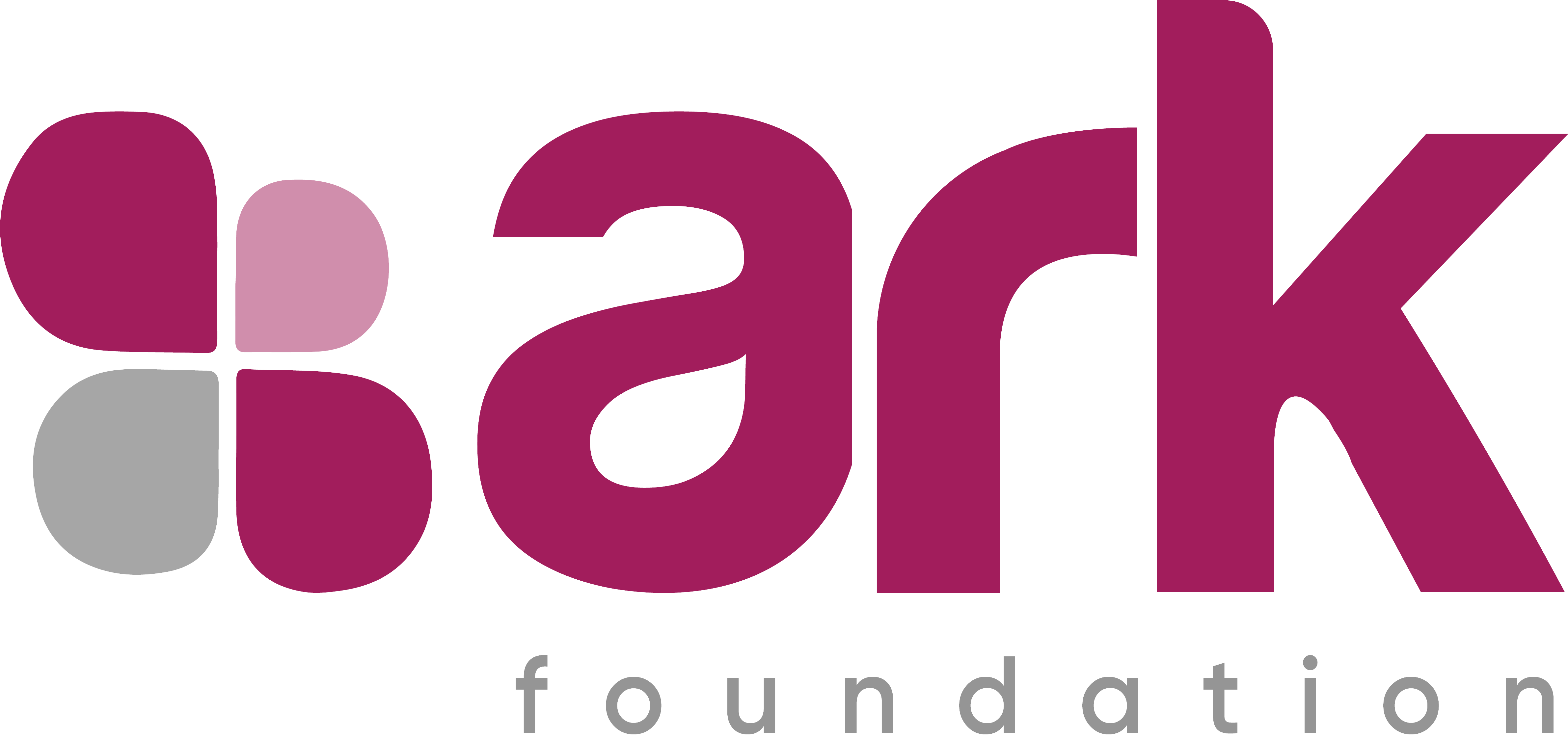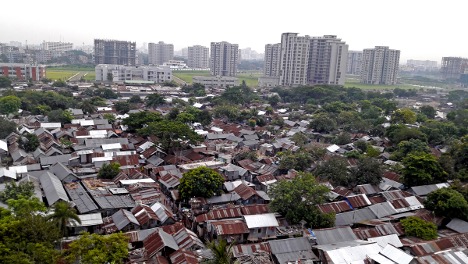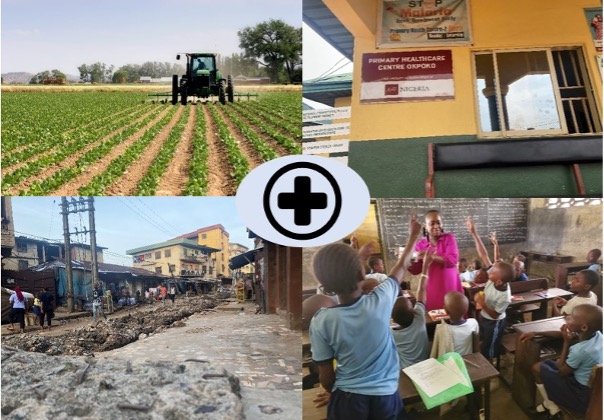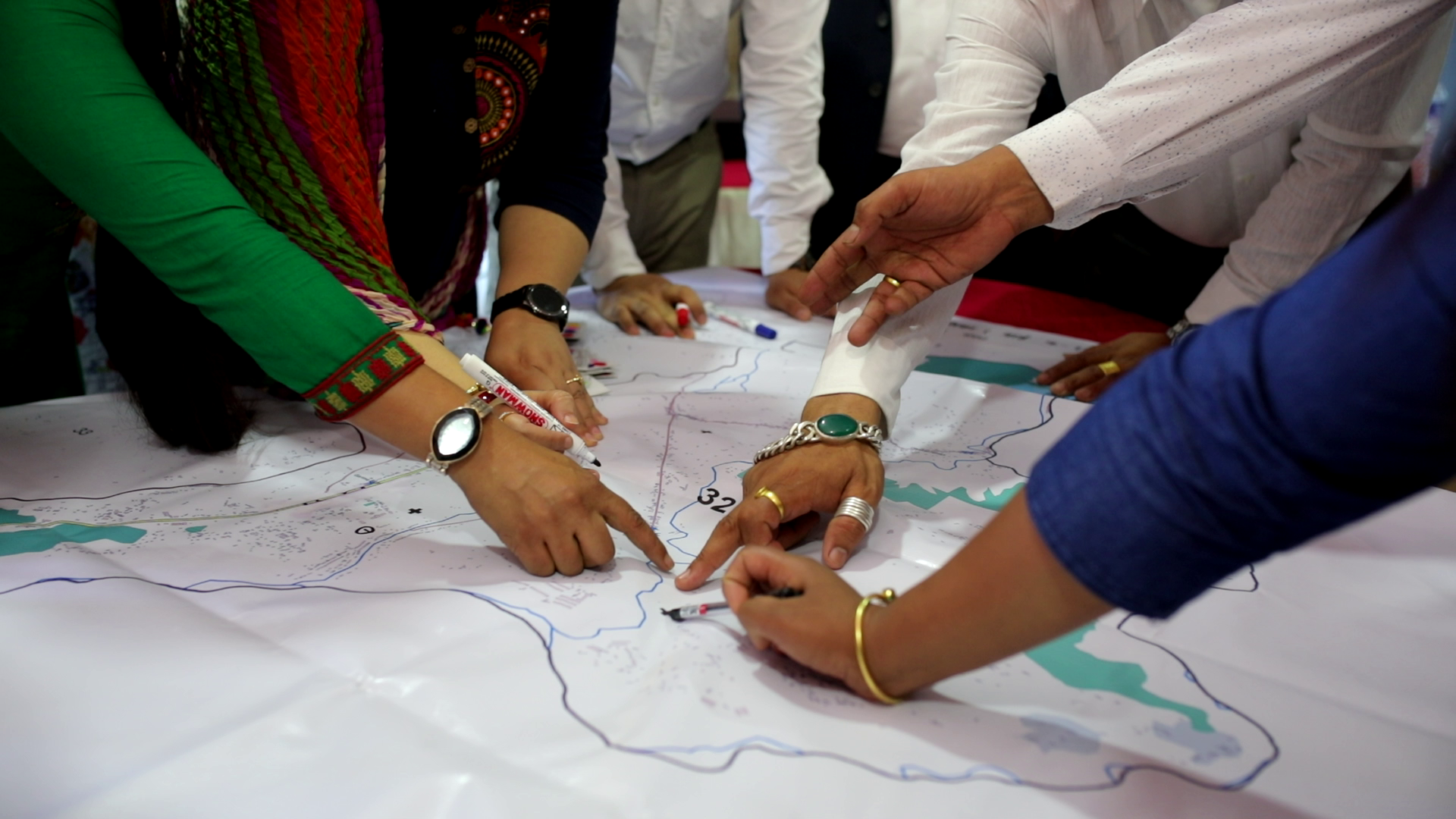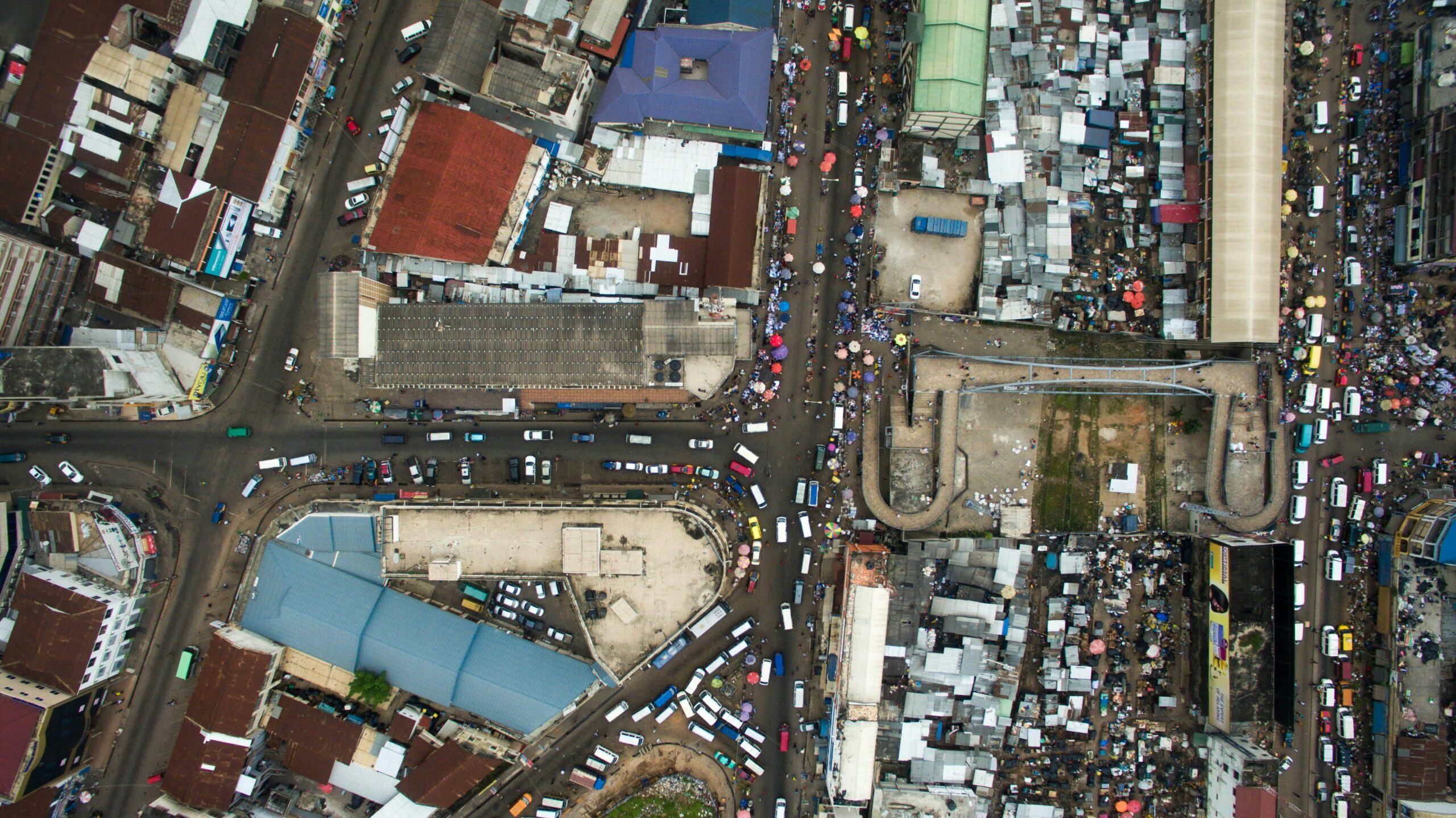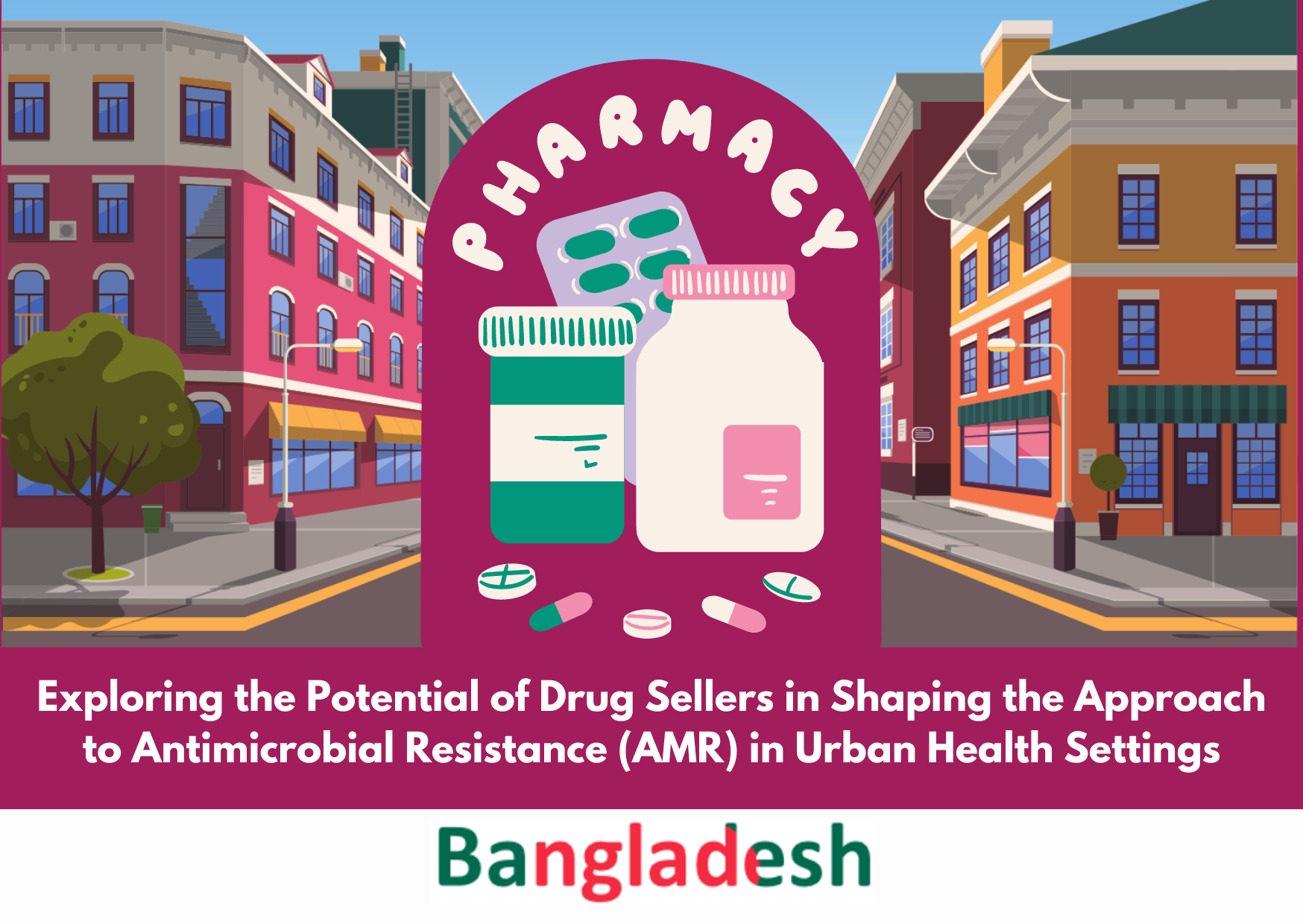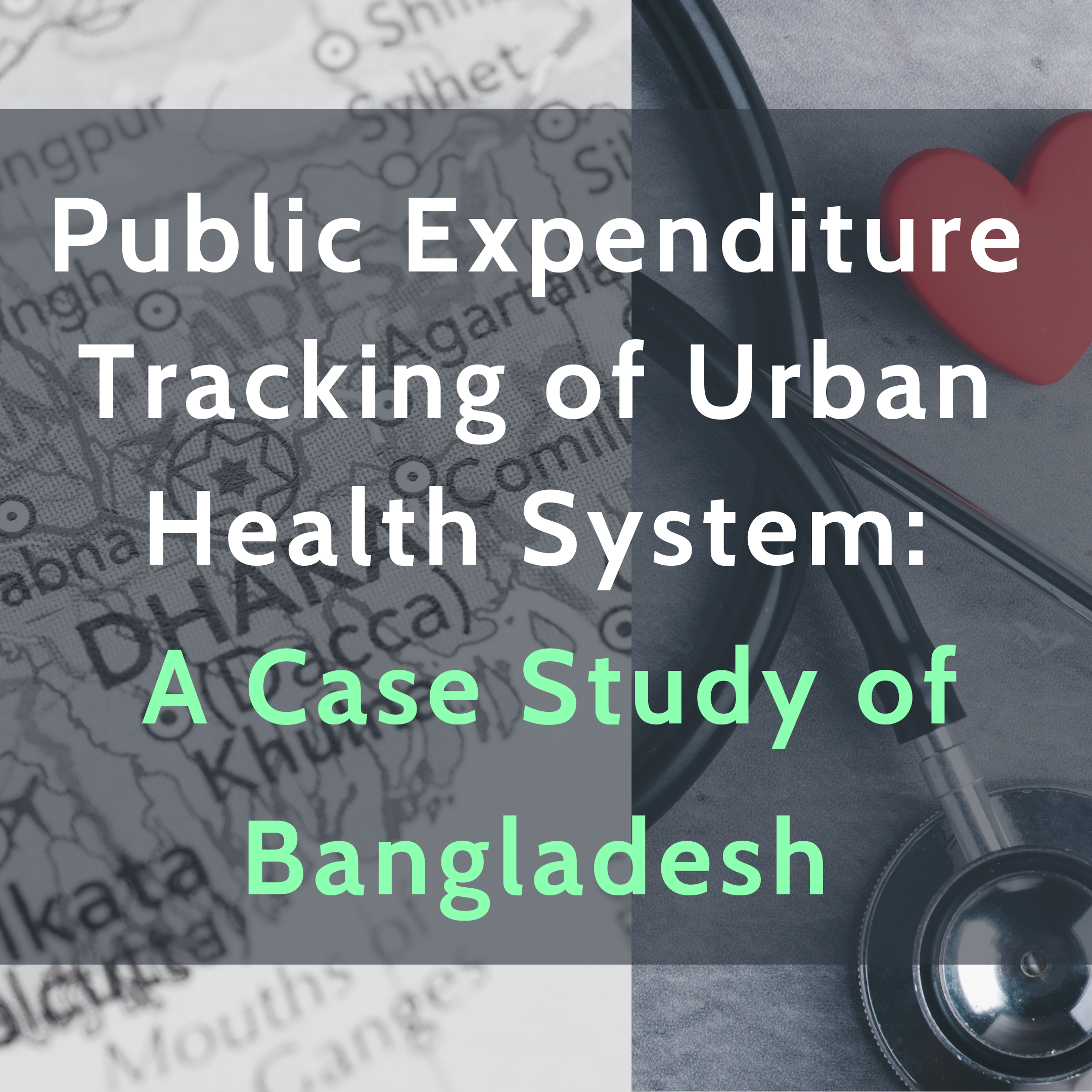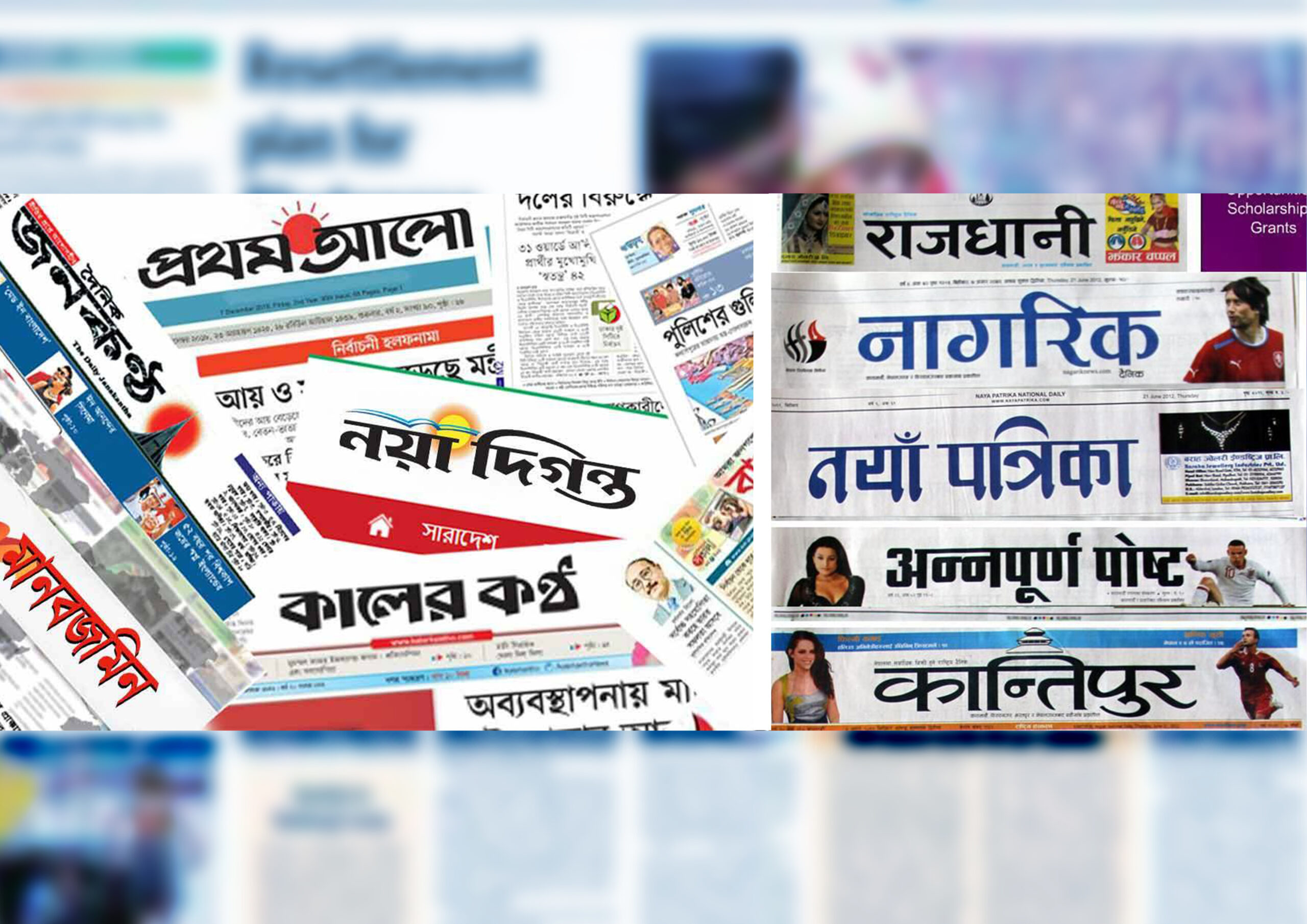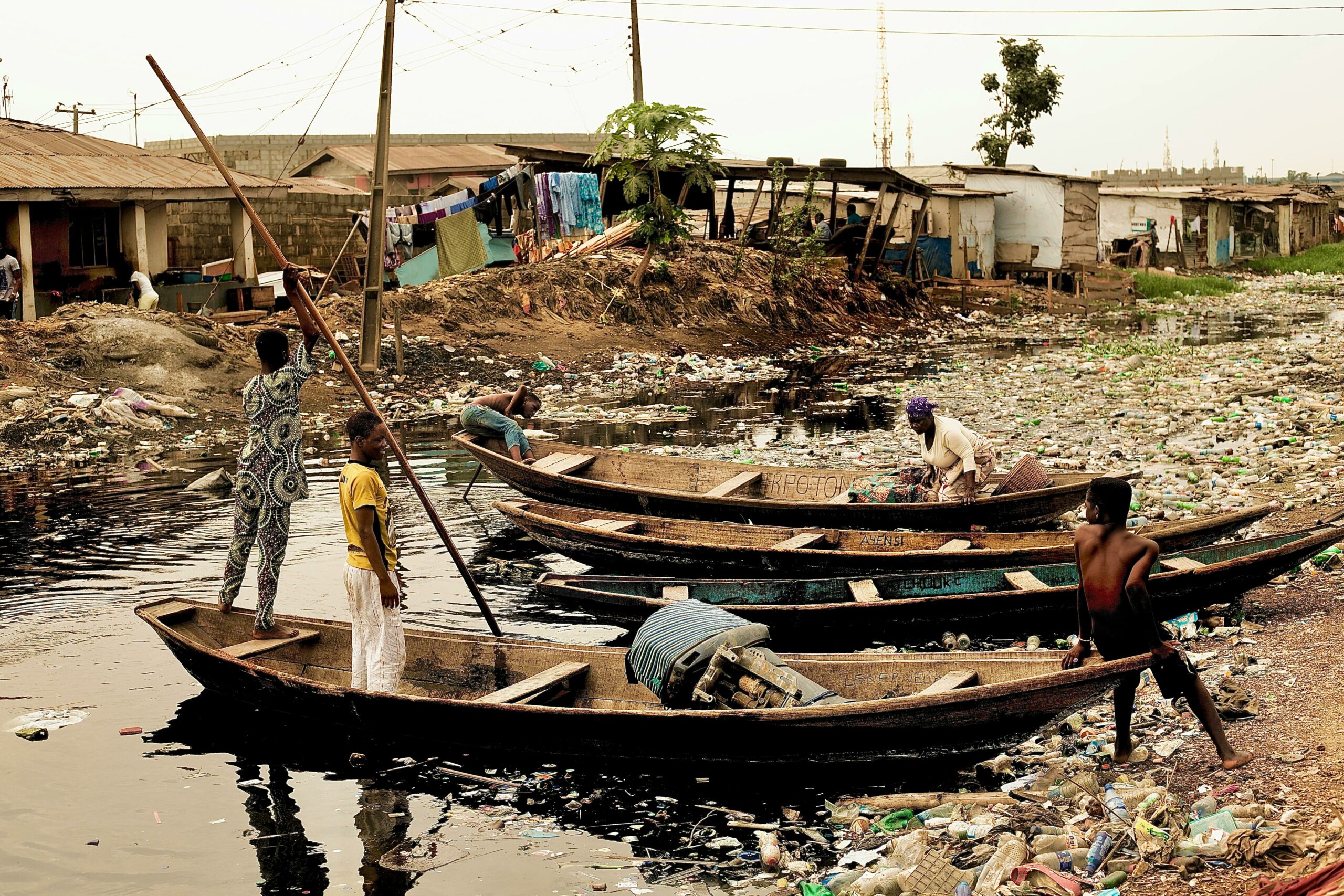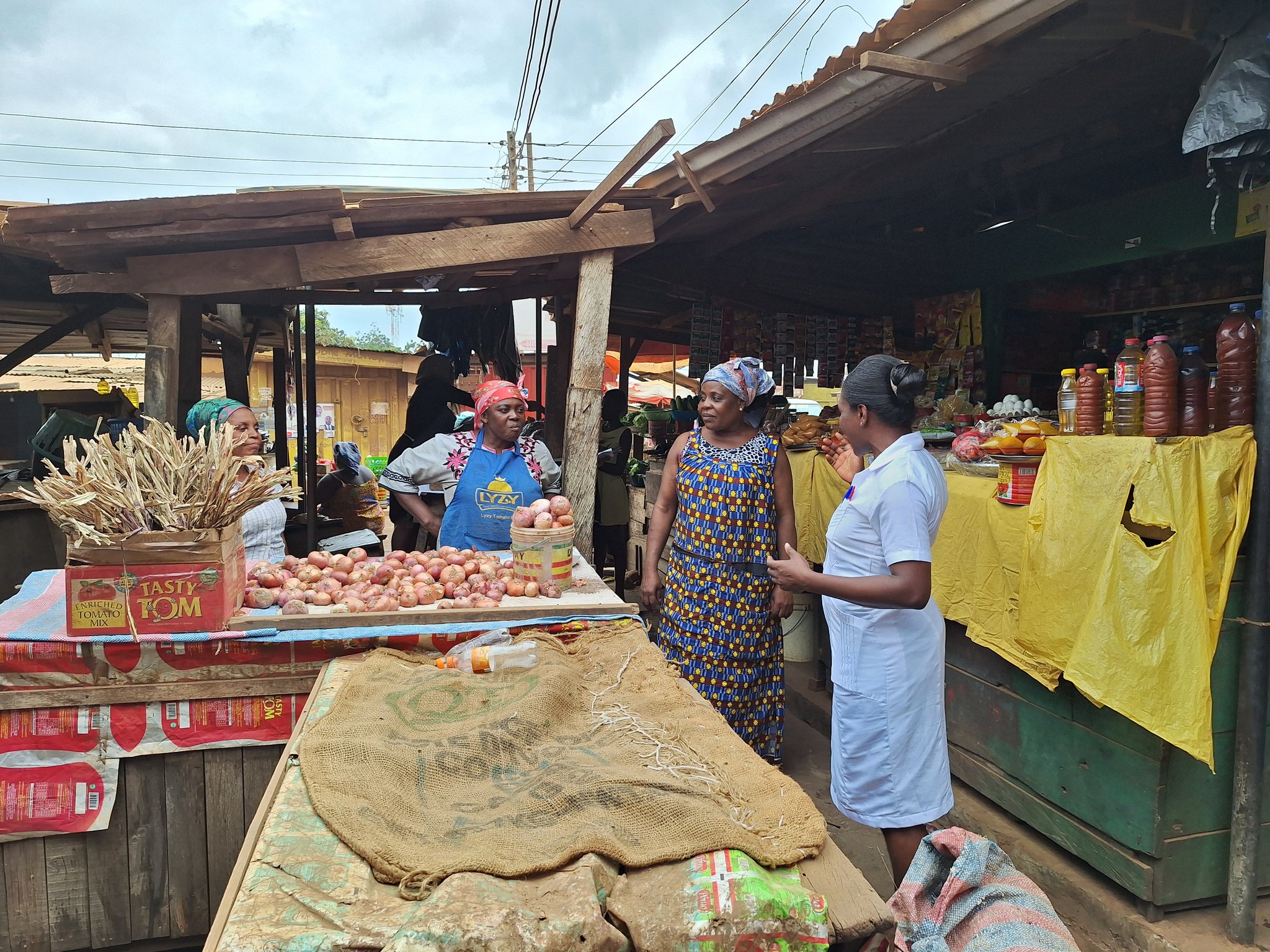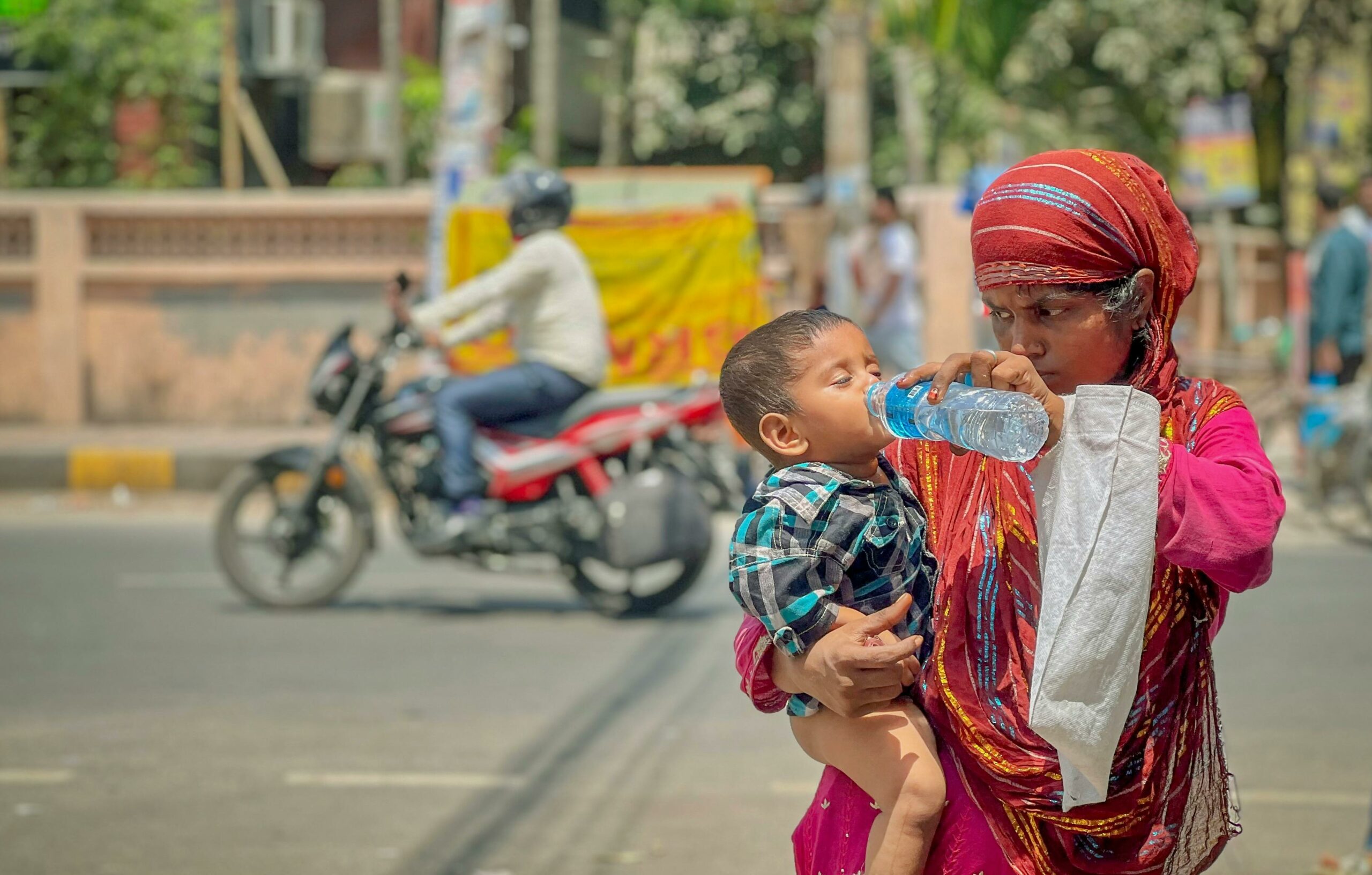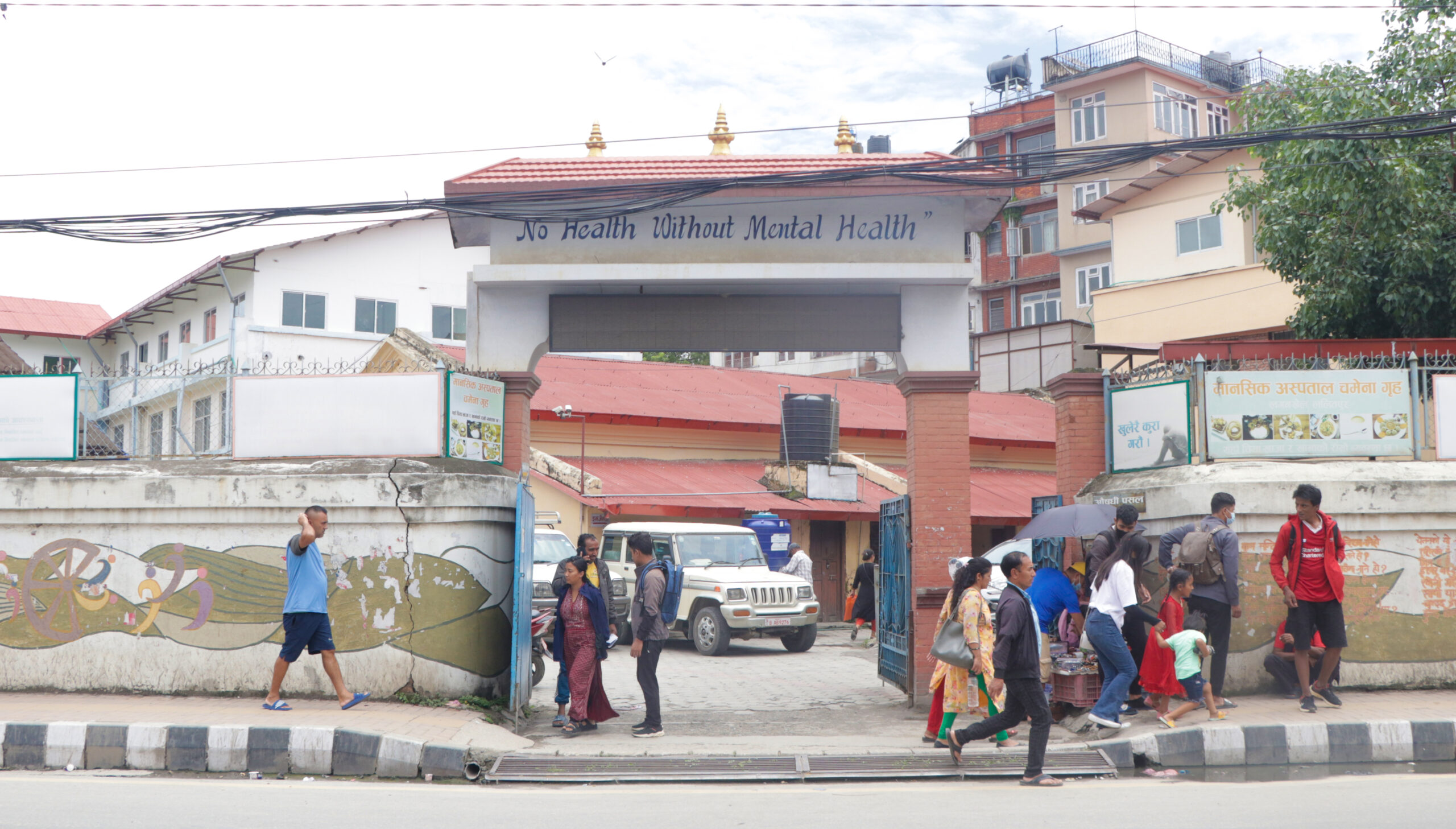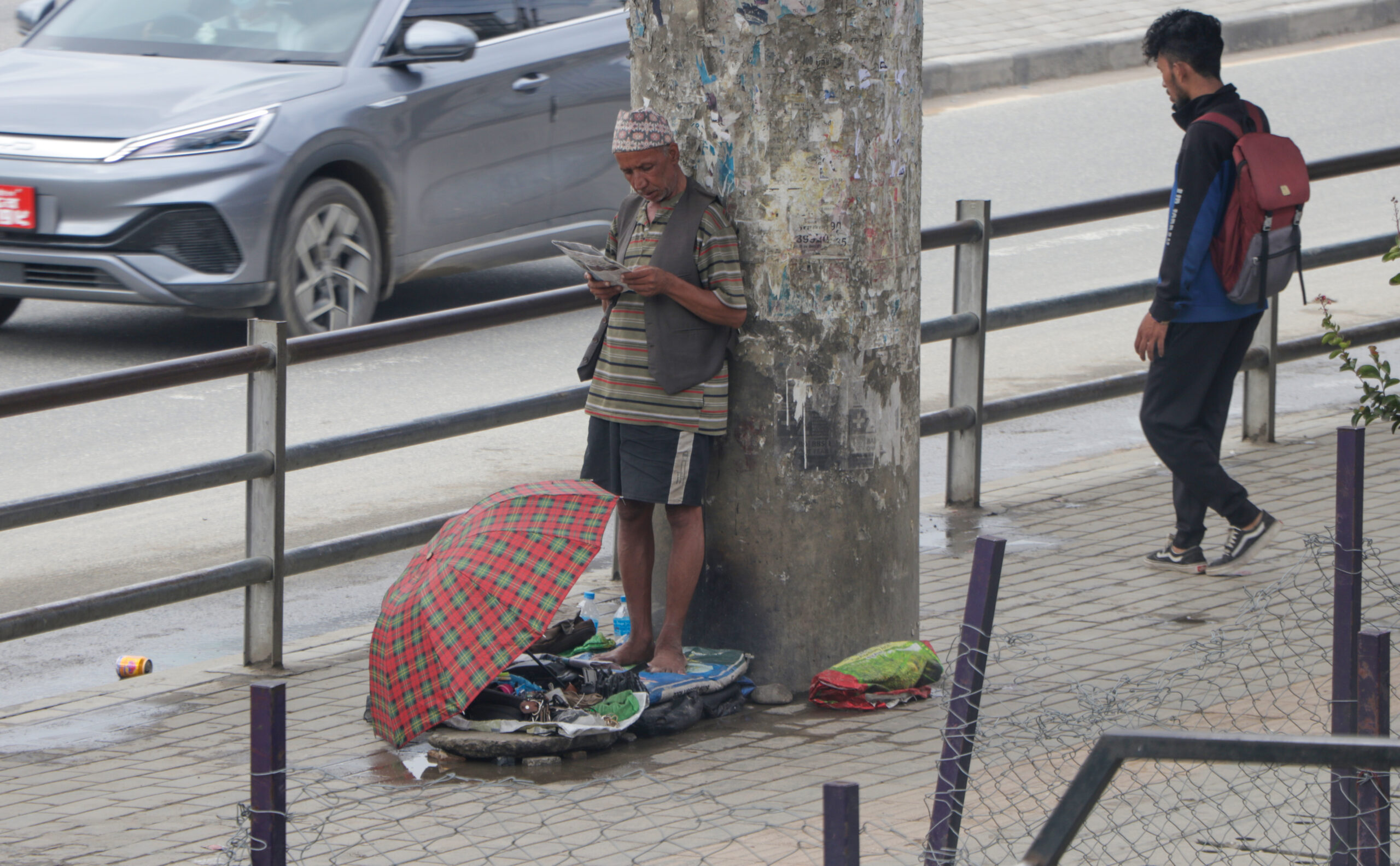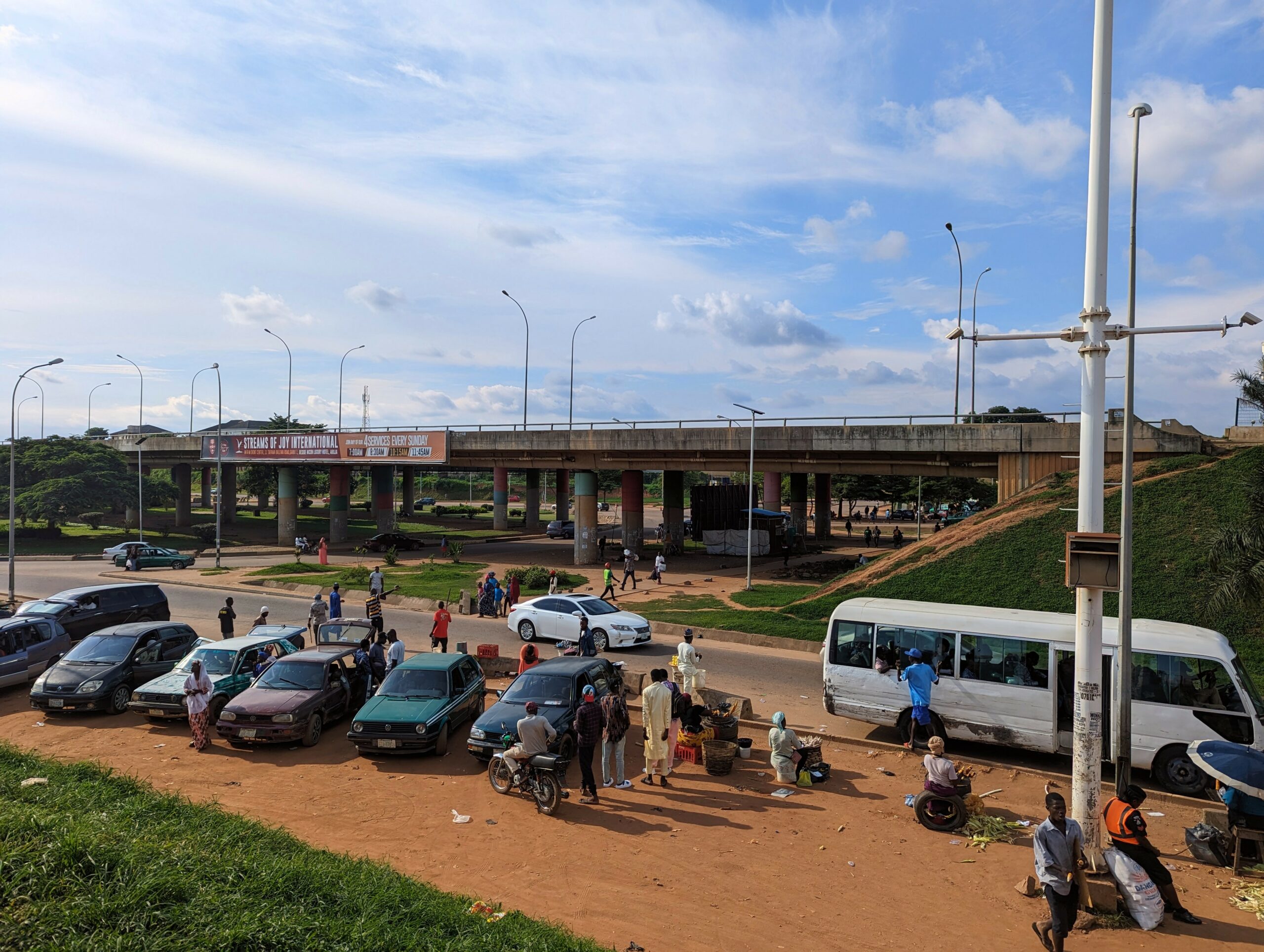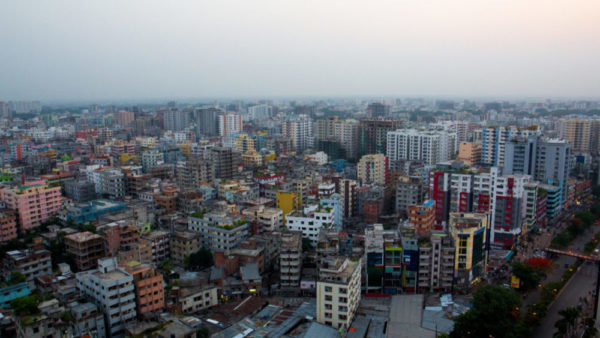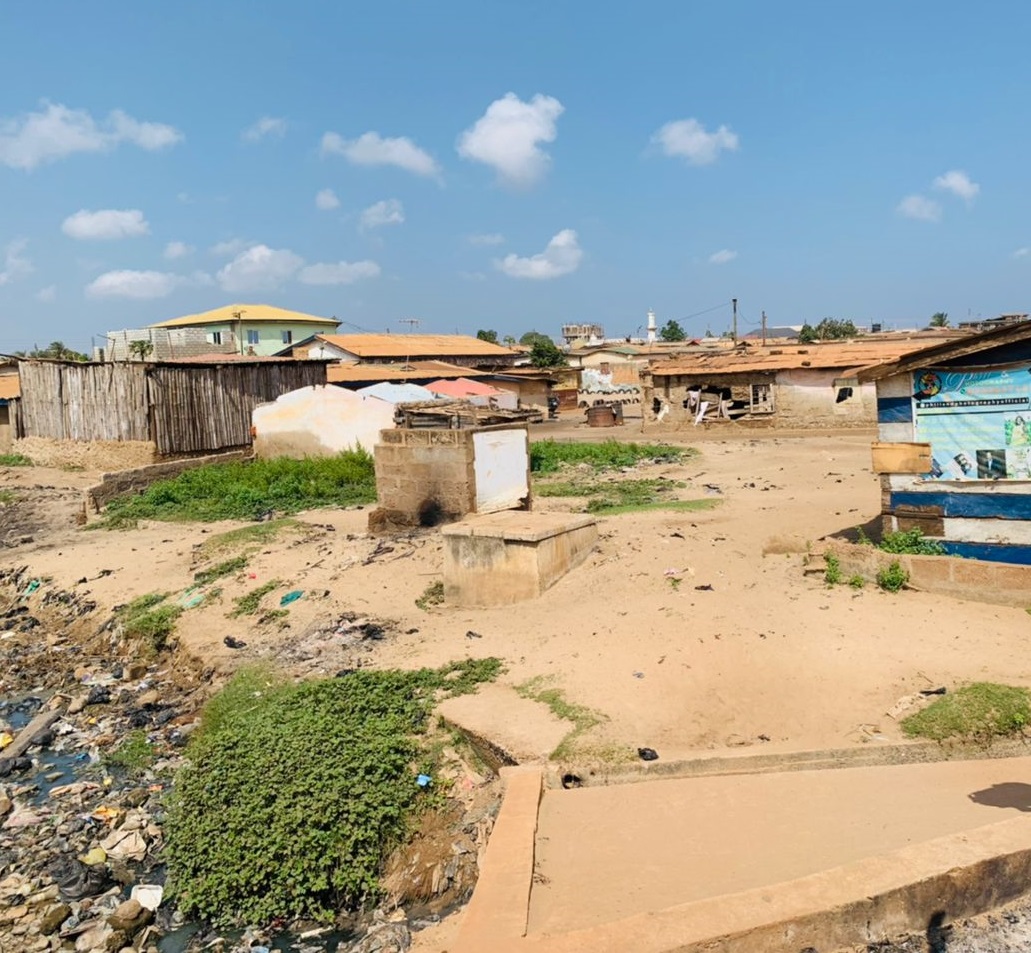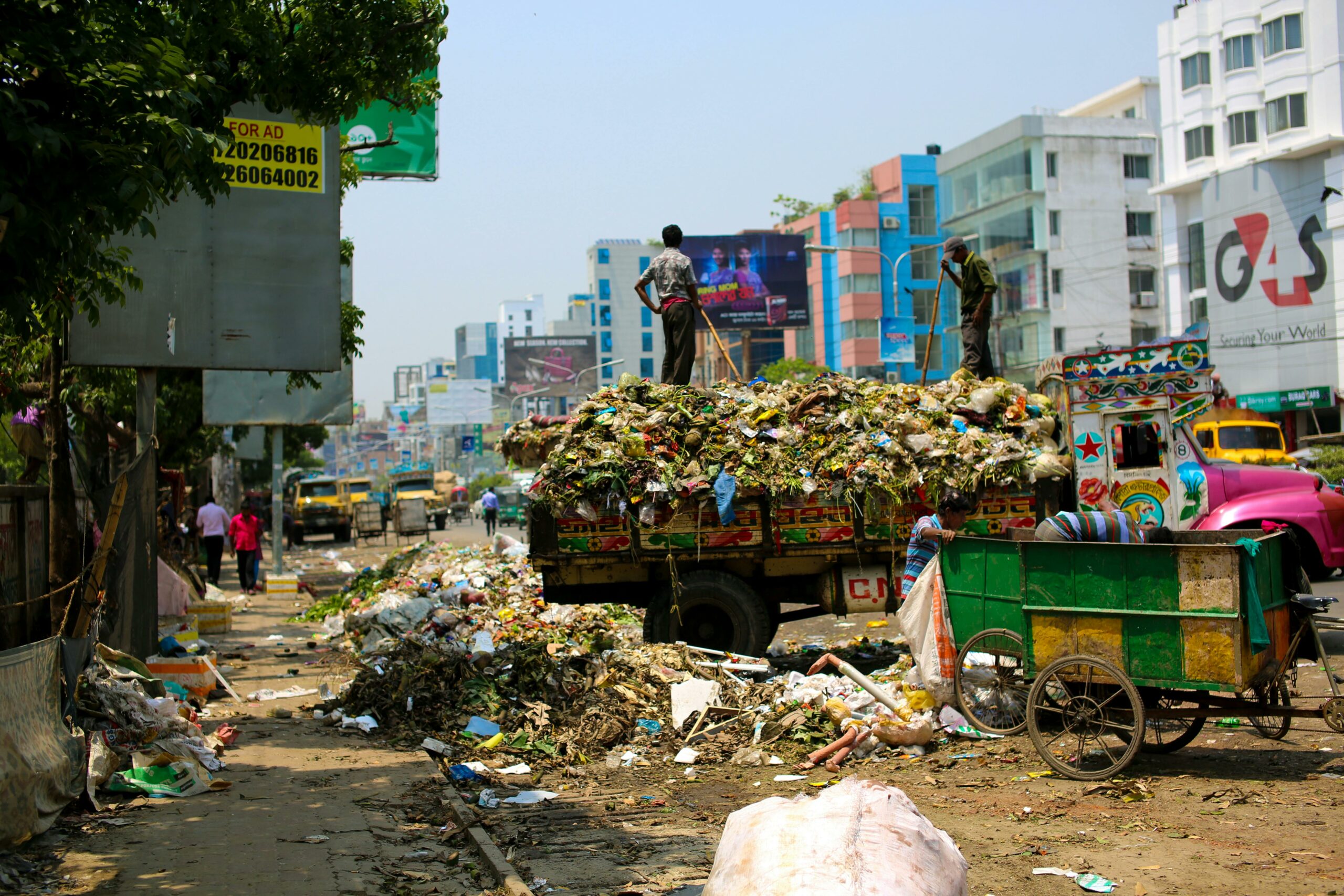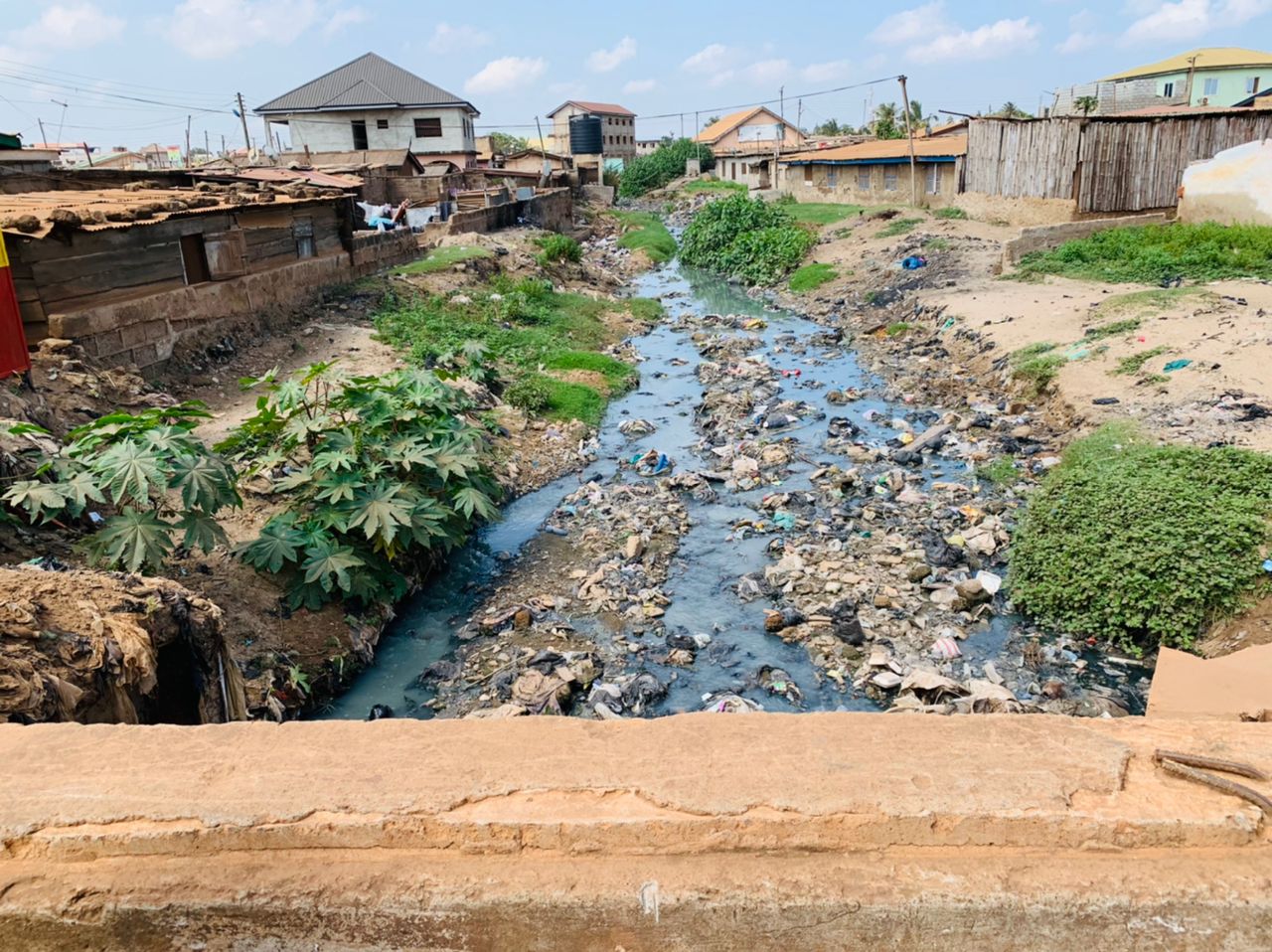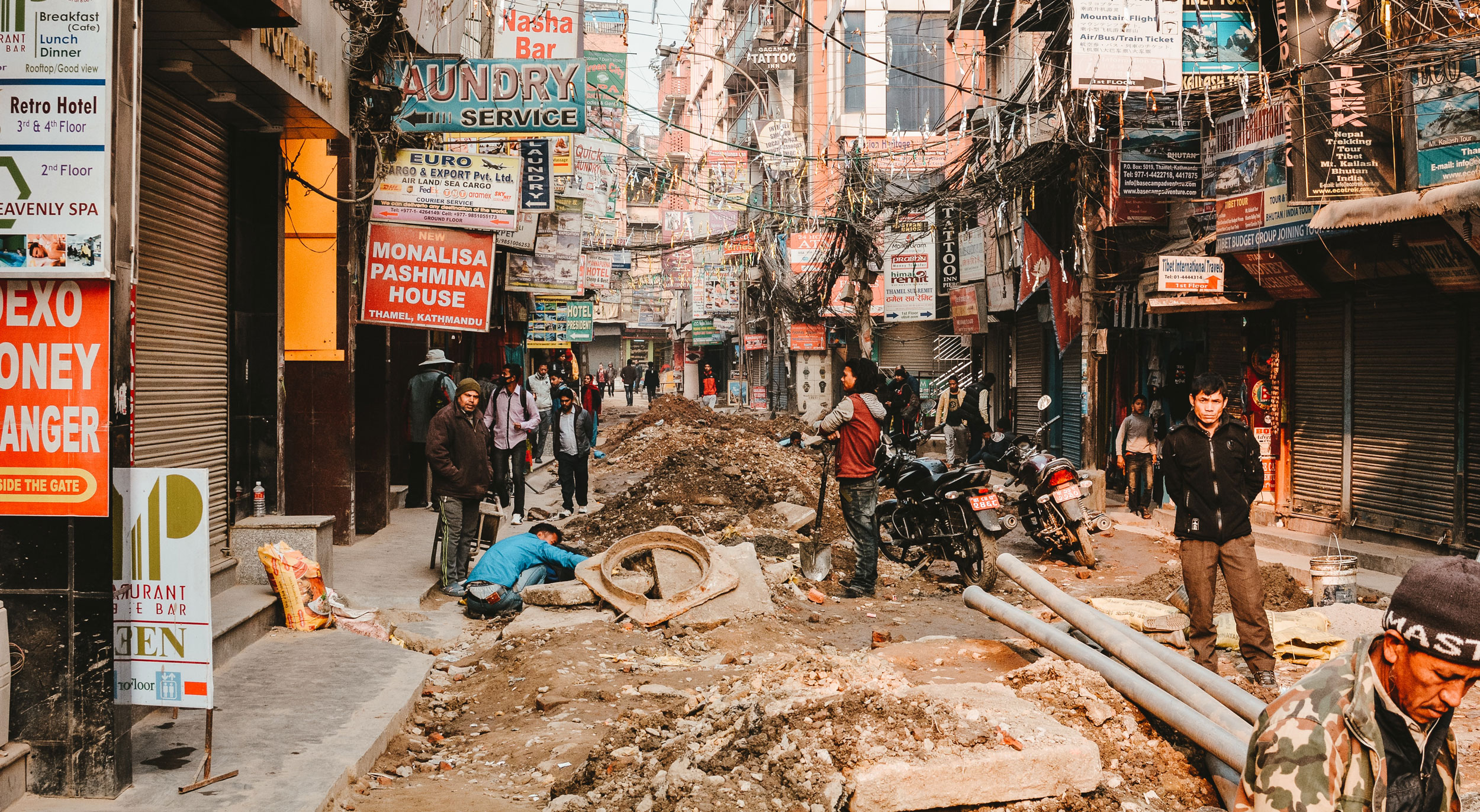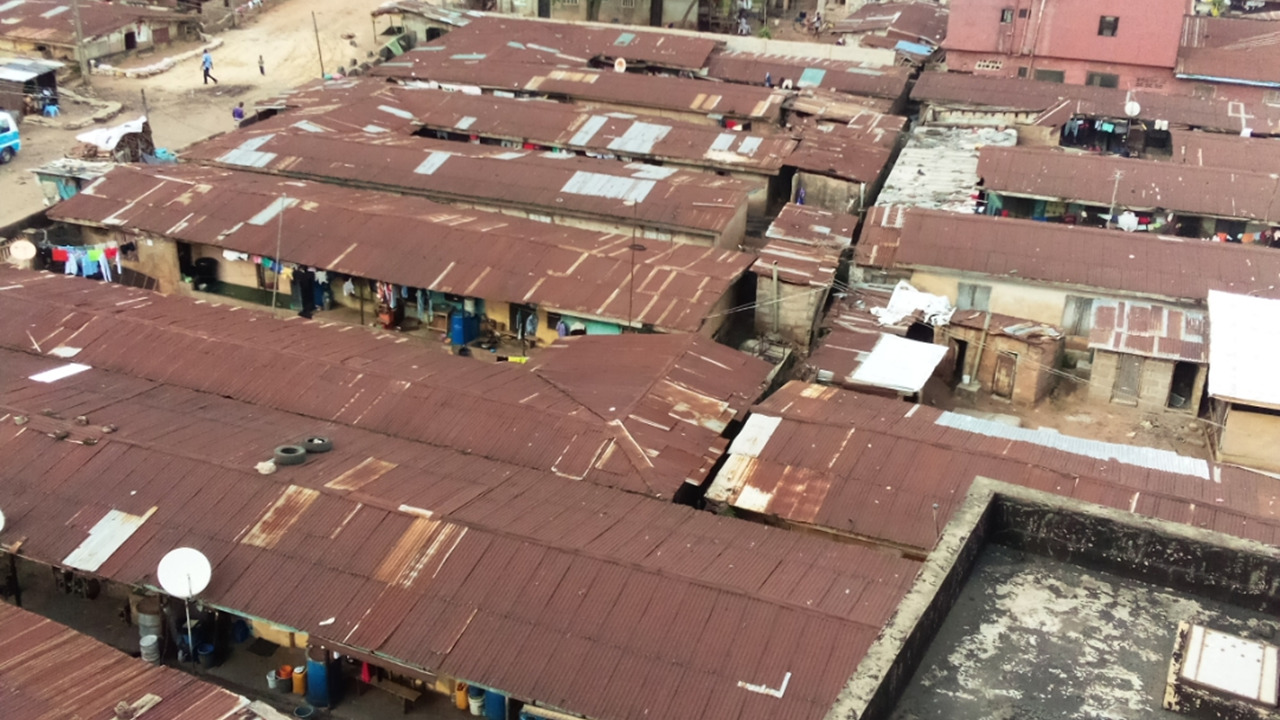
BANGLADESH
Promoting physical activity for adolescent girls
and women or Citizen score card for physical activity

BANGLADESH
Promoting physical activity for adolescent girls and women or Citizen score card for physical activity
Co-design and evaluate a citizen score card to promote physical activity for adolescent girls and women in urban Bangladesh – a mixed-methods study
In Bangladesh, women are more likely than men to be overweight or obese. As a result, compared to the male population, the female population tends to suffer more from Non-Communicable Diseases (NCDs) such as heart disease and diabetes. Obesity and other related health issues are largely caused by insufficient physical activity. The local government is responsible for ensuring infrastructure and related facilities for physical activities (e.g., park, bicycle lane) in their respective areas. However, the majority of the city corporations/municipalities under local governments do not have women and adolescent girl friendly infrastructure and facilities or plans and budgets for promoting physical activity. Also, there is a lack of coordination among different ministries and departments, i.e., city corporations, health, law, police, transportation, and public administration.
The overall aim of the study is to:
- assess the existing facilities of physical activity in urban areas and identify whether they are women and disabled friendly
- co-design a tool called “Citizen Score Card” which will capture the overall condition of the existing physical activity facilities in the urban areas
- propose policy suggestions accordingly
The sites of the study will be the two chosen city corporations in Bangladesh, Dhaka and Khulna. A mixed-methods study with three linked phases will be conducted. In phase one, a context review will be done. In order to promote physical activity for adolescent girls and women in urban areas, the team will identify the relevant departments within the two City Corporations i.e., urban health, transport, and urban planning, and assess their current and potential roles, plans, and policies. In this phase, the team will conduct KIIs with the policy makers, urban planners, and city corporation representatives. In the second phase, the co-design of the score card will be done with the help of youth and women’s groups and local schools. In this phase, the team will conduct a Participatory Learning and Action (PLA) approach into six sessions. A prototype citizen scorecard will be developed, and later revised and finalized with the help of the participants. Finally, the participants will join a group session on how to use the scorecard effectively and identify actions accordingly. In phase three, process evaluation of implementing the citizen score card will be conducted. Community leaders and policy makers at local and national level will be engaged throughout the study.
Researchers: Umme Salma Anee & Farid Ahamed
Mentors: Professor AHM Enayet Hossain (Former Director General, Ministry of Health and Family Welfare, Bangladesh), Prof. Helen Elsey (University of York, UK)
Supervisor: Prof. Rumana Huque (ARK Foundation)
